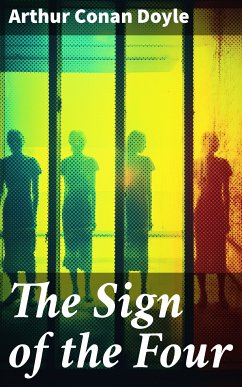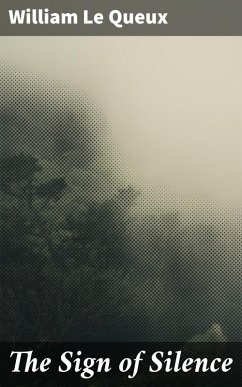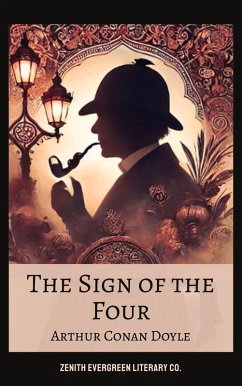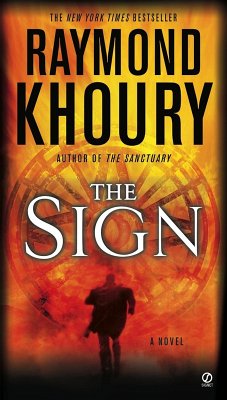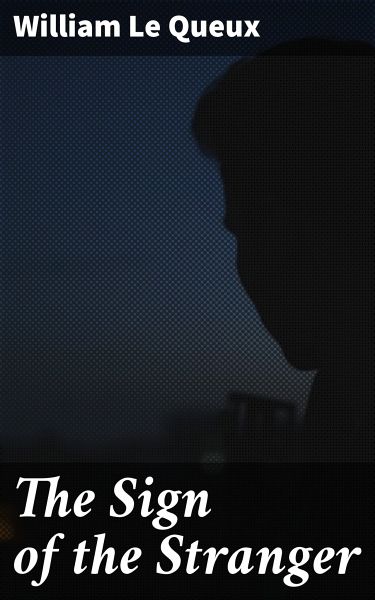
The Sign of the Stranger (eBook, ePUB)
Unraveling Secrets in the Shadows: A Dark Edwardian Mystery

PAYBACK Punkte
0 °P sammeln!
In "The Sign of the Stranger," William Le Queux crafts a gripping tale that intricately weaves themes of espionage, mystery, and psychological suspense. Set against the backdrop of early 20th-century Europe, the novel explores the anxieties of a society on the brink of war, employing a fast-paced narrative rife with vibrant descriptions and dynamic character development. Le Queux employs elements of the detective genre while also delving into socio-political commentary, reflecting the pervasive fears of invasion and the unseen threat that characterized the period's literature. His stylistic ch...
In "The Sign of the Stranger," William Le Queux crafts a gripping tale that intricately weaves themes of espionage, mystery, and psychological suspense. Set against the backdrop of early 20th-century Europe, the novel explores the anxieties of a society on the brink of war, employing a fast-paced narrative rife with vibrant descriptions and dynamic character development. Le Queux employs elements of the detective genre while also delving into socio-political commentary, reflecting the pervasive fears of invasion and the unseen threat that characterized the period's literature. His stylistic choices highlight not only tension but also the pervasive atmosphere of paranoia that gripped contemporary society, making the book a notable contribution to the genre of spy fiction. William Le Queux, a prolific British author in the late Victorian and early Edwardian eras, was a keen observer of political affairs and a vocal commentator on national security issues. His experiences as a war correspondent and his deep engagement with intelligence matters significantly influenced his storytelling. "The Sign of the Stranger" epitomizes his concerns regarding the growing threat from foreign adversaries and demonstrates his unique ability to encapsulate current anxieties into compelling narrative form. This novel is highly recommended for readers who appreciate thrilling narratives that reflect historical tensions and keen human psychology. Le Queux'Äôs masterful prose and intricate plotting will enthrall fans of classic espionage fiction, providing a profound understanding of the fears that shaped a generation. Dive into a world of intrigue and suspense, and witness a past that resonates in the present.
Dieser Download kann aus rechtlichen Gründen nur mit Rechnungsadresse in A, B, BG, CY, CZ, D, DK, EW, E, FIN, F, GR, H, IRL, I, LT, L, LR, M, NL, PL, P, R, S, SLO, SK ausgeliefert werden.




